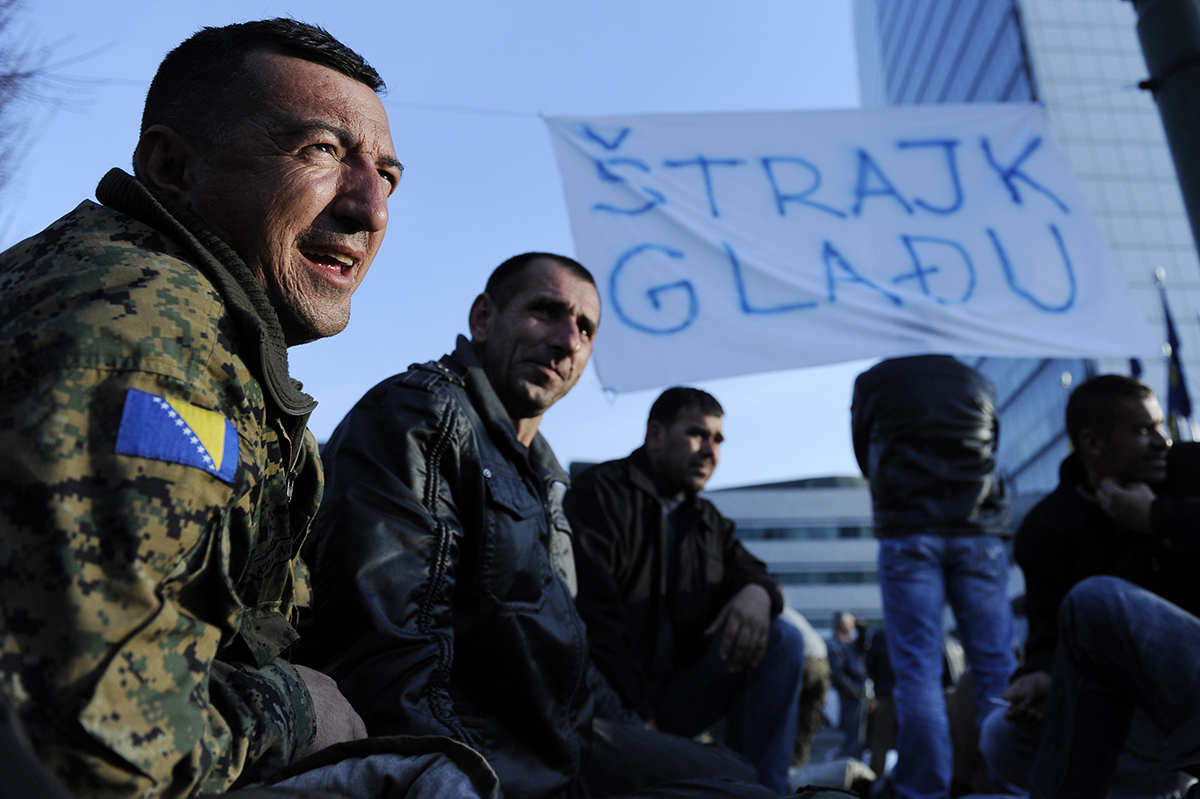JUSTICE UNRESOLVED
Bosnia’s complicated political and governmental structure within two autonomous entities, the Republika Srpska (RS) and the Federation of Bosnia and Herzegovina (FBiH)—often leaves the central state powerless to legislate over the entire territory. This has resulted in a wide range of legislative issues where certain groups are treated differently depending on their ethnicity or residence. War veterans, victims, and internally displaced persons (IDPs) often find themselves on the verge of poverty and without any social support or access to adequate health care. More than 20 years after the war, there are still around 85,000 IDPs, and around 8,000 are still living in collective centers. Moreover, in areas of return, little has been done for the reintegration of returnees. Many of those who wish to return to their pre-war homes would now constitute ethnic minorities in those communities. As a consequence, they are subject to segregation and do not have equal access to health care, employment, education, social care, and other rights connected with social inclusion. This widespread inequality has resulting in protesting by Bosnian citizens, including the 2014 Unrest (also known as the Bosnian Spring) during which a series of demonstrations broke out around the country with an aim to overthrow the government and calling for massive political reforms.







